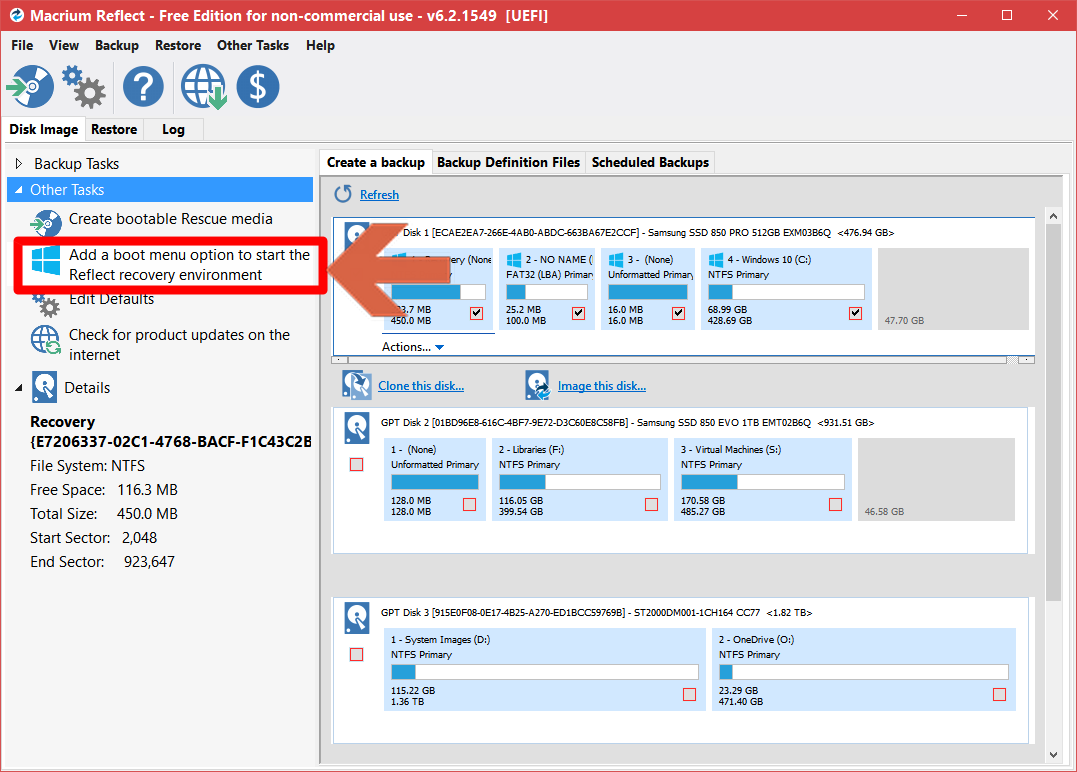
But buying USB-IF-certified and labeled accessories from reputable sellers is still probably the easiest way to avoid counterfeits and to end up with cables and chargers that do what they say they do. This is useful because it gives engineers the ability to use Macrium Reflect without having to install it on a target workstation or server. Per usual, since using these logos isn't mandatory, you can expect adoption of them to be hit-and-miss. With a Macrium Reflect Technician’s License, IT maintenance and support engineers can put the power of Macrium Reflect’s backup engine in their pocket on a USB stick. The new logos account for both speed and charging rate, and different versions can be used on the devices' packaging as well as the cables and ports themselves. Among other tweaks, the new logos account for USB 4 support, as well as an increased maximum USB-PD charging wattage, from the old maximum of 100 W up to a new maximum of 240 W. Today, the group announced a new batch of logos ( PDF) intended to demystify the USB-C 2.1 and USB Power Delivery (USB-PD) 3.1 standards that were announced earlier this year. Portable Mode Reflect is very similar to the Macrium Reflect environment you are familiar with. The USB stick also acts as a bootable rescue environment, which you can use to back up and restore licensed PCs. The group behind USB-IF has always taken a hands-off approach to this problem, choosing to solve it not with top-down mandates but with certification and optional logos. Macrium Reflect runs as a portable application from USB Rescue Media.

Further Reading New USB-C Type 2.1 standard offers up to 240 W power delivery


 0 kommentar(er)
0 kommentar(er)
